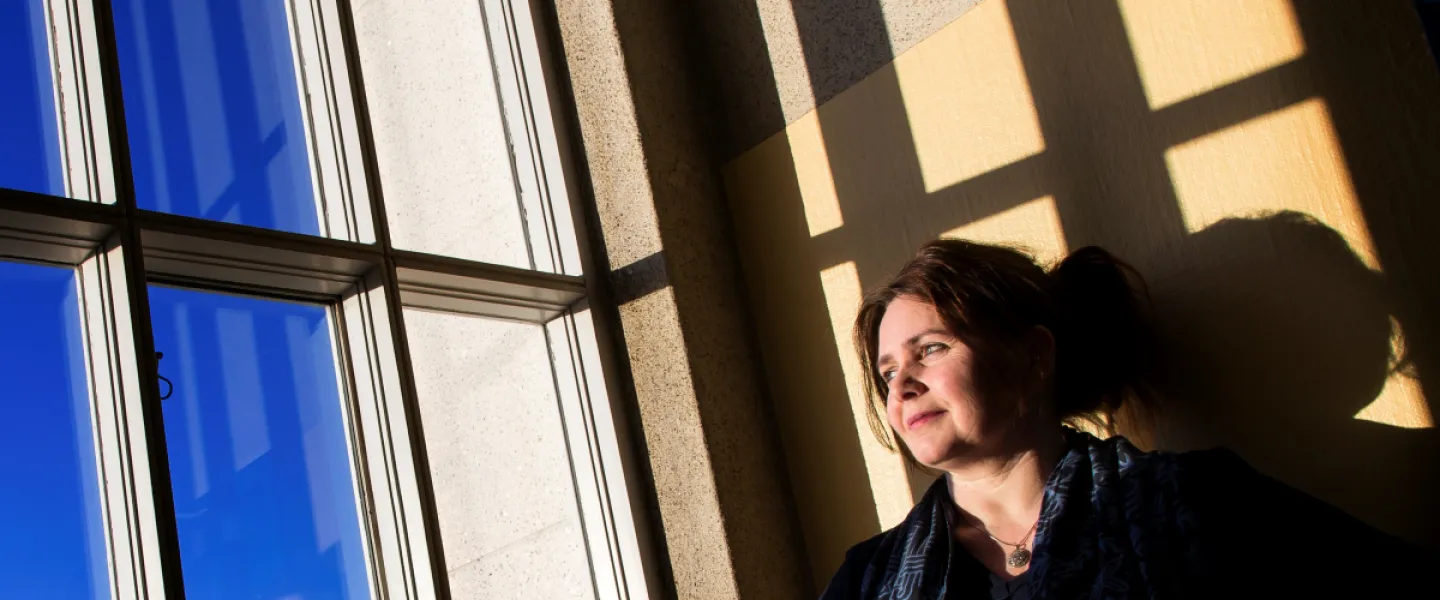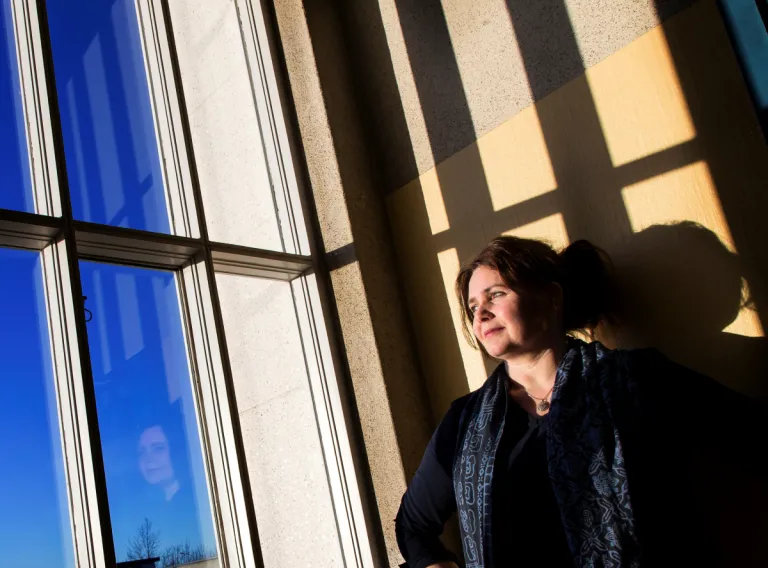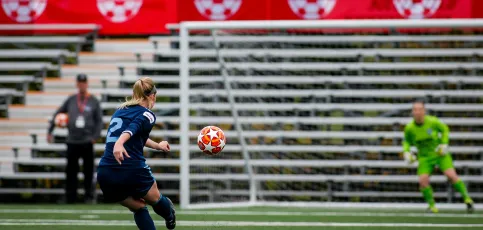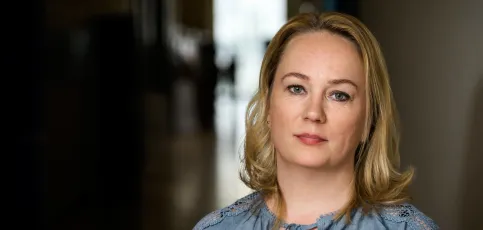
Gender is defined by society's ideas on what is considered feminine and masculine; with reference to social and cultural differences rather than biological ones. These concepts are thus both subjective and shaped by culture. Our ideas on gender, in turn, influences how we treat girls and boys differently. Bergljót Þrastardóttir doctoral study in Education Studies focuses on procedures in primary schools with a view to this reality. Despite the 40-year-old legal provision of gender equality education on all school levels in Iceland, there are many indicators that awareness of this is lacking in educational practice.
"The schools are meant to be an equaliser, providing equal opportunities for the sexes in education, encouraging initiative in all students creating an environment characterised by respect for diversity. The school should thus be able to meet their students on a non-discriminatory basis," explains Bergljót. Equality is one of the basic structures of education in the national curriculum since 2011. This decision provided the basis for Bergljót's curiosity for examining further ideas on gender equality within the schools. This included possible explanations on why education on gender equality has been almost non existing in primary schools; the principal obstacles to such education, and possible ways for amelioration.



